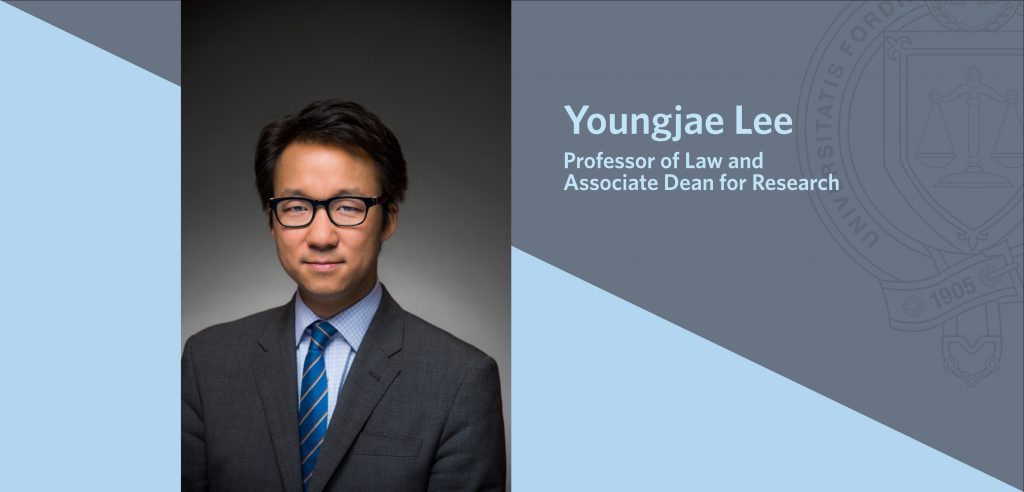Professor Youngjae Lee shares his expert opinion on the Derek Chauvin sentencing in an article by Law 360.
Former Minneapolis police officer Derek Chauvin was sentenced to 22.5 years in prison for the murder of George Floyd — a crime captured on a video that was viewed by millions and sparked international racial justice protests.
…
It’s likely that prosecutors with the Minnesota Attorney General’s Office decided not to pursue the maximum 40-year sentence because it wanted its request to seem reasonable, according to University of Minnesota Law School professor Richard Frase, co-director of the Robina Institute of Criminal Law and Criminal Justice.
…
Prosecutors, who like to maintain “institutional capital,” may have also been thinking of their long-term credibility before the state bench, according to Fordham University School of Law professor Youngjae Lee. They may have also wanted to reserve higher sentences for intentional killings — Chauvin’s conviction hinged on him having a “depraved mind” but not intent to kill — and for defendants with prior criminal records.
The 30-year sentence request also shows how prosecutors are torn between two roles, according to Lee. They may want to win the highest sentence possible to counteract the defense, but they’re also supposed to “come up with the right answer from a justice perspective,” Lee said.
“The government and the defense lawyer are situated differently,” he said. “Prosecutors are not exactly supposed to be adversarial; they’re supposed to be doing the right thing. But they are situated in an adversarial system, where the defense lawyers will ask for the thing that really favors the client, and so I think there’s some pressure to be adversarial in kind. So you end up with the state asking for fairly high sentences but with some constraints.”

